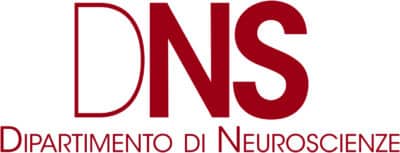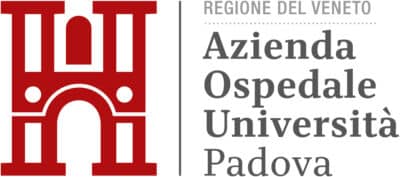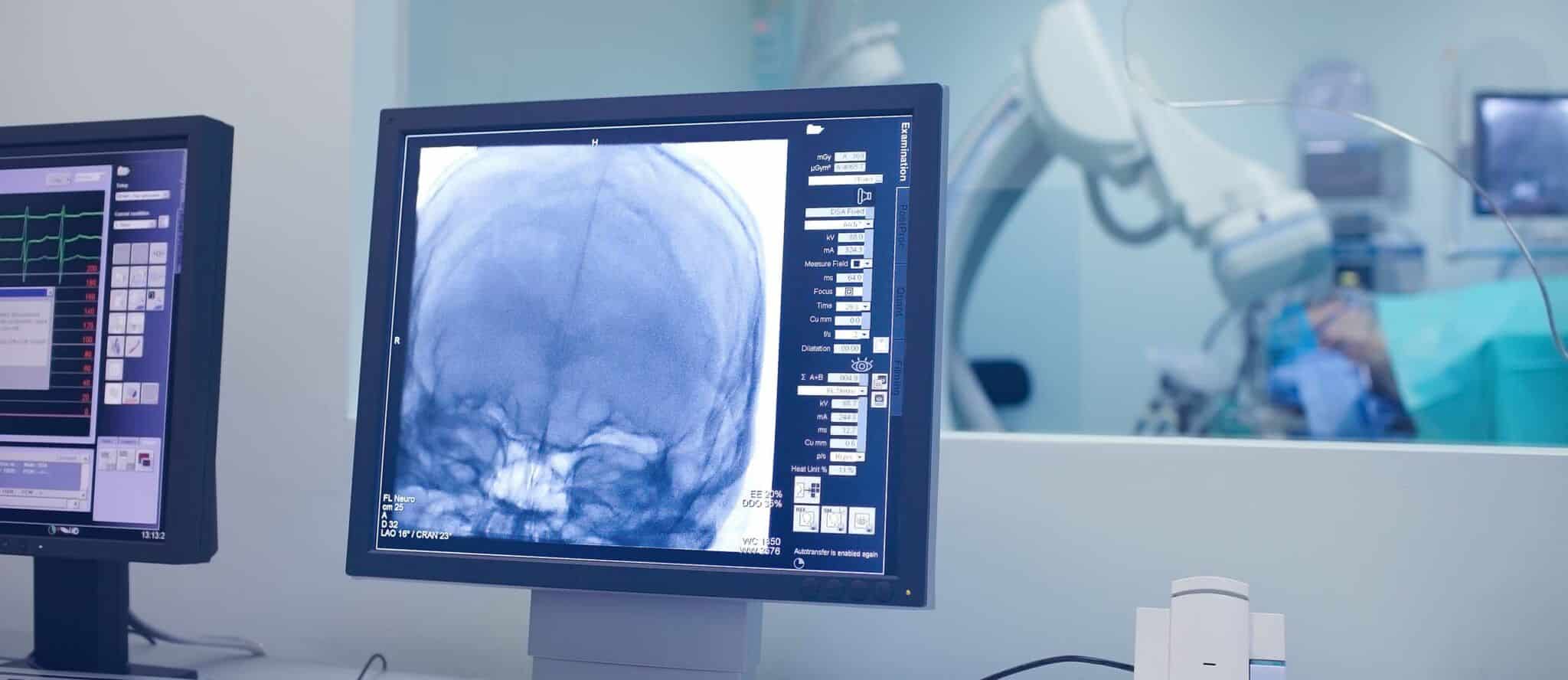

The Master in Skull Base Surgery is addressed to ENT specialists and neurosurgeons, who wish to specialize in the approach to an area of high anatomical complexity, for a delicate surgical preparation.
This course provides the necessary skills to treat the pathologies of the petrous bone, jugular foramen, internal ear canal, posterior fossa, petroclival area, from which preferential access is through ‘lateral’ approaches.
The Master is characterized by a concrete educational offer, and the will to share the surgeon’s development program on skull base, to convey solid principles of surgery and therapeutic management. This course is also addressed to ENT specialists and mid-ear surgeon audiologists, who, by acquiring more specific bone surgery competences, have greater chances of solid development, with less fear of the complications and challenges this kind of surgery may present.
The Master in Skull Base Surgery provides competences on the lateral approaches to the skull base, and on the multidisciplinary approach of skull base injuries.
The topics covered will follow the program, with flexibility linked to the clinical-surgery case of the day, and insights on its specific characteristics and matters covered. There will also be space for literature updates, in a Journal Club style.
This edition is specifically devoted to lateral approaches, as surgical access paths.
The Master can count on experts of skull base surgery in different fields (diagnosis, treatment, basic research), and, in particular, on Prof. Antonio Mazzoni and other expert professors, also from other Universities. Lessons will be held in an interactive and synchronous mode, with direct surgery experience in the OR, broadcast live. Every student will draft a project work, after being suitably instructed, which will represent a final summary and contextualization of what has been learned during the Master.
The Master in Skull Base Surgery is addressed to ENT specialists and neurosurgeons. It raises awareness on the existence of a highly-specialized branch, where cooperation between these two figures is highly recommended, and requires specific training in skull base surgery.
The Master usefulness is manifest in a field of ENT and neurosurgery specialities where the figure of a skull base surgeon is not provided for; therefore, this course configures itself as an improvement delta for these experts, by providing surgery principles, specific procedures, constant reference to therapeutic options, in a multidisciplinary perspective. Surgery procedures include infra-temporal approaches at the base (type A,B,C, Fisch’s), acoustic neuroma surgery via translabyrinthine and retrosigmoid, cochlear implant, subtemporal approach, jugular foramen, and combined surgeries.
The Master in Skull Base Surgery provides training on the following topics:
ORGAN-TARGETED SURGICAL TECHNIQUE ELEMENTS (CAROTID ARTERY, JUGULAR, CEREBELLUM, TORSO)
Basic microsurgery dissection technique along the internal carotid artery, internal jugular vein, intra-dural structures (cerebellopontine angle, cerebellum, torso).
DIAGNOSTIC AND INTERVENTIONAL NEURORADIOLOGY
Neuroradiological diagnosis and interventional diagnosis procedures.
SYNDROMIC FORMS OF SKULL BASE INJURIES:
Von Hippel Lindau disease, neurofibromatosis 2.
MULTIDISCIPLINARY MANAGEMENT OF SKULL BASE INJURIES
Multidisciplinary oncological update, indications for treatment.
COMBINED APPROACHES TO SKULL BASE SURGERY
Combined and stage approach to extra/intra-dural pathologies.
HISTOPATHOLOGY AND MICROSCOPIC DIAGNOSIS ASPECTS
Principles of oncology, microscopic and anatomo-pathological diagnosis issues of skull base injuries.
CANCER AND SURGICAL ACCESS TO THE CEREBELLOPONTINE ANGLE
Retro-sigmoid access with retro-labirynthine meatotomy, retro-sigmoid access with endoscopic assistance, translabyrinthine access.
JUGULAR FORAMEN CANCER AND SURGICAL ACCESS
Infratemporal access A, petro-occipital trans-sigmoid approach (POTS). Intra-extra-dural approach staging. Combination of different approaches in extended skull base injuries.
BASE RECONSTRUCTION
Reconstruction techniques in the demolition of craniofacial soft tissues, bone, and extra-endo skull interface.
TRANSPETROSAL ACCESS AT THE SKULL ANGLE AND BASE
Translabyrinthine, transotic, presigmoid and transcochlear access.
LIVE SURGERY: TRANSLABYRINTIC ACCESS
Step-by-step translabyrinthine access
LIVE SURGERY: RETRO-SIGMOID ACCESS
Step-by-step retro-sigmoid access with retro-labyrinthine meatotomy.
LIVE SURGERY: INFRATEMPORAL ACCESS
Step by step infratemporal access A, B, C, second Fisch t the jugular foramen, bone-clivus top, rhinopharynx.
NEUROPHYSIOLOGICAL MONITORING
Intra-surgery monitoring of the 7th and 8th cranial nerve.
FACIAL NERVE IN SKULL BASE SURGERY
Physiopathology of facial nerve damage and neurophysiology aspects.
PETROUS BONE RESECTION BLOCK IN MALIGNANT EAR CANCER
Temporal block resection for malignant skull base cancer.
TEMPORAL RADIOLOGY IN TRANSPETROSAL SURGERY
Normal petrous bone radiology and IC compatibility issues with RM.
The general ranking of merit for the academic year 2025/26 will be published on the Italian page of this Master according to the timing provided in the Call.
Information
FAQ
Lessons will be held in person, once a month, from Monday afternoon to Wednesday morning On Monday, there will be theoretical lectures and discussion of clinical case treatment options.
On Tuesday, the clinical case will be presented, along with live surgery. The entire day is devoted to OR connections, for live streamed surgeries, or catch-up of the whole surgery video. In this way, students are involved in the patient’s preparation, they witness the interviews and discussion of the treatment options with and without the patient, they watch the surgery and see the post-surgery results the following day.
On Wednesday, the case epicrisis is discussed, along with post-surgery evaluations, possible complications, and prevention and management of the post-surgery process. Students will rewatch the previous day’s surgery along with the operating surgeon, analysing and commenting on intra-surgery details. This learning method has been one of the most appreciated aspects in past editions.
Apart from the lessons, seminars, multidisciplinary round tables and video-surgery will also be featured.
Attendance of at least 70% of the course is mandatory.
The Master classes will be held at the classroom and library of the ENT Unit, 9th floor of the University Hospital, Via Giustiniani no.2, Padua.
At the end of the Master’s Course, all attendees are required to submit a project work, with the purpose of implementing / starting / completing the competencies acquired in their respective places of work.
No, there will be no internships. OR activities are observational-only, with live surgeries being streamed.
At the end of the Master course, all students will draft a project work, which will be then discussed during the final exam. Purpose of this project work is to experiment with/implement/complement the notions learned during the Master in the students’ respective seats.
The Master is organized and managed by the University of Padua. Being it a Master’s Degree, it provides the relevant qualifications at academic and professional level.

